
Pulmonary function increased during sleep for patients with chronic obstructive pulmonary (COPD) receiving a triple-therapy regimen, but improvements to quality of life remain to be seen.


Pulmonary function increased during sleep for patients with chronic obstructive pulmonary (COPD) receiving a triple-therapy regimen, but improvements to quality of life remain to be seen.

Changes in temperature and atmospheric pressure were found to be associated with higher rates of medical care utilization for patients with chronic obstructive pulmonary disease (COPD) and asthma.

Living far from a hospital did not increase risk of in-hospital mortality, according to a recent study among veteran populations with chronic obstructive pulmonary disease (COPD).
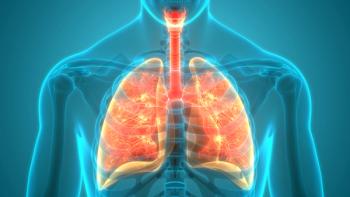
A recent study found that the proportion of patients in the Netherlands with chronic obstructive pulmonary disease (COPD) who are being assessed for cardiovascular (CV) risk does not align with Dutch guideline recommendations.

The prevalence of pulmonary embolism in certain hospitalized patients with chronic obstructive pulmonary disease (COPD) may be lower than previous research suggests, according to a recent study.

Despite many practices adopting telehealth services to help patients manage their chronic obstructive pulmonary disease (COPD), investigators found that patients and clinicians feel many areas need improvement.
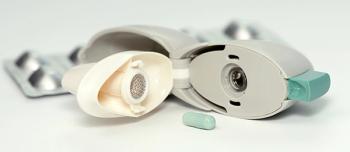
A pilot study among hospitalized patients on the use of an inhaled naturally occurring sugar showed several positive outcomes for those with acute exacerbations of chronic obstructive pulmonary disease (AECOPD).
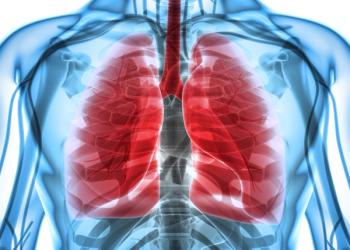
A study found that chronic obstructive pulmonary disease (COPD) and asthma were not risk factors for ICU admission or death as a result of SARS-CoV-2 infection.
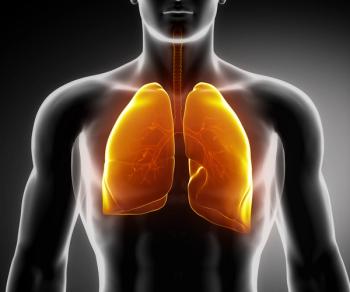
Physicians can withdraw inhaled corticosteroids (ICS) from triplet therapy without increasing patients’ risk of chronic obstructive pulmonary disease (COPD)-related exacerbations.

Black patients hospitalized with coronavirus disease 2019 from an urban academic medical center in New York City exhibited high rates of comorbidities and in-hospital mortality, with chronic obstructive pulmonary disease and asthma significantly linked with early death.

Investigators found that the ratio of lymphocytes to high-density lipoprotein (HDL) performed better in predicting pulmonary function than the neutrophil-lymphocyte ratio and the platelet-lymphocyte ratio.

Investigators using real-world data found that patients receiving treatment from slow mist inhalers (SMIs) had fewer exacerbations and hospitals readmissions compared with patients using dry powder inhalers (DPIs).

Study findings show that patients with chronic obstructive pulmonary disease (COPD) had increased risks of respiratory complications and pneumonia after undergoing a transcatheter aortic valve insertion (TAVI) compared with those without COPD.
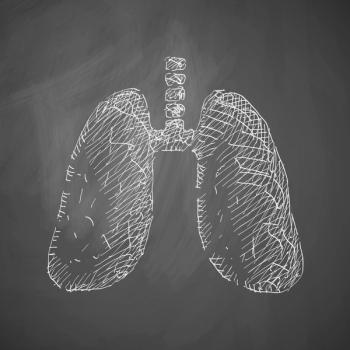
A recent review revisited the question of whether inhalers and nebulizers have similar effectiveness to manage stable chronic obstructive pulmonary disease (COPD).

Usually, macrophages protect the lungs from attacks. But under certain conditions, lung macrophages can also contribute to severe lung diseases, like chronic obstructive pulmonary disease, or worsen coronavirus disease 2019 (COVID-19).

A study from Denmark found that low health literacy was not a risk factor for mortality in patients with chronic obstructive pulmonary disease (COPD) compared with the general population and patients with other chronic conditions.

The top 5 most-read stories on chronic obstructive pulmonary disease (COPD) of 2020 on AJMC.com focused mainly on ways in which health care treatments for patients can be improved.

The FDA Friday issued the second Emergency Use Authorization (EUA) for a coronavirus disease 2019 (COVID-19) vaccine, this one to Moderna, as the pandemic reached critical stress points across the country, especially in California.

Since the start of the pandemic, many patients with COPD, especially if they experienced an exacerbation during 2020, reported adopting telemedicine, according to a recent study.

A recent study found that patients with both chronic obstructive pulmonary disease (COPD) and diabetes using oral hypoglycemic agents had lower risks of severe exacerbations than controls.

The panel was charged with deciding if the benefits of the vaccine outweighs the risks, paving the way for the possibility that immunizations could begin within days.
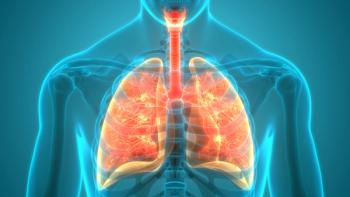
Clinics that offer a multidisciplinary team-based approach to treat chronic obstructive pulmonary disease (COPD) can provide patients in rural areas access to care and improve their health.

A review found that including exercise, breathing techniques, and education components in pulmonary rehabilitation for patients with acute exacerbations of chronic obstructive pulmonary disease (AECOPD) optimizes such programs.

A study on patients who use inhalers found that interventions to improve inhaler techniques and drug adherence are needed.
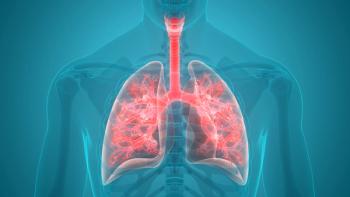
A recent study found that high-flow nasal cannula may be a better option for first-line oxygen therapy for patients with chronic obstructive pulmonary disease with acute compensated hypercapnic respiratory failure than conventional therapy options.

259 Prospect Plains Rd, Bldg H
Cranbury, NJ 08512
© 2025 MJH Life Sciences®
All rights reserved.
